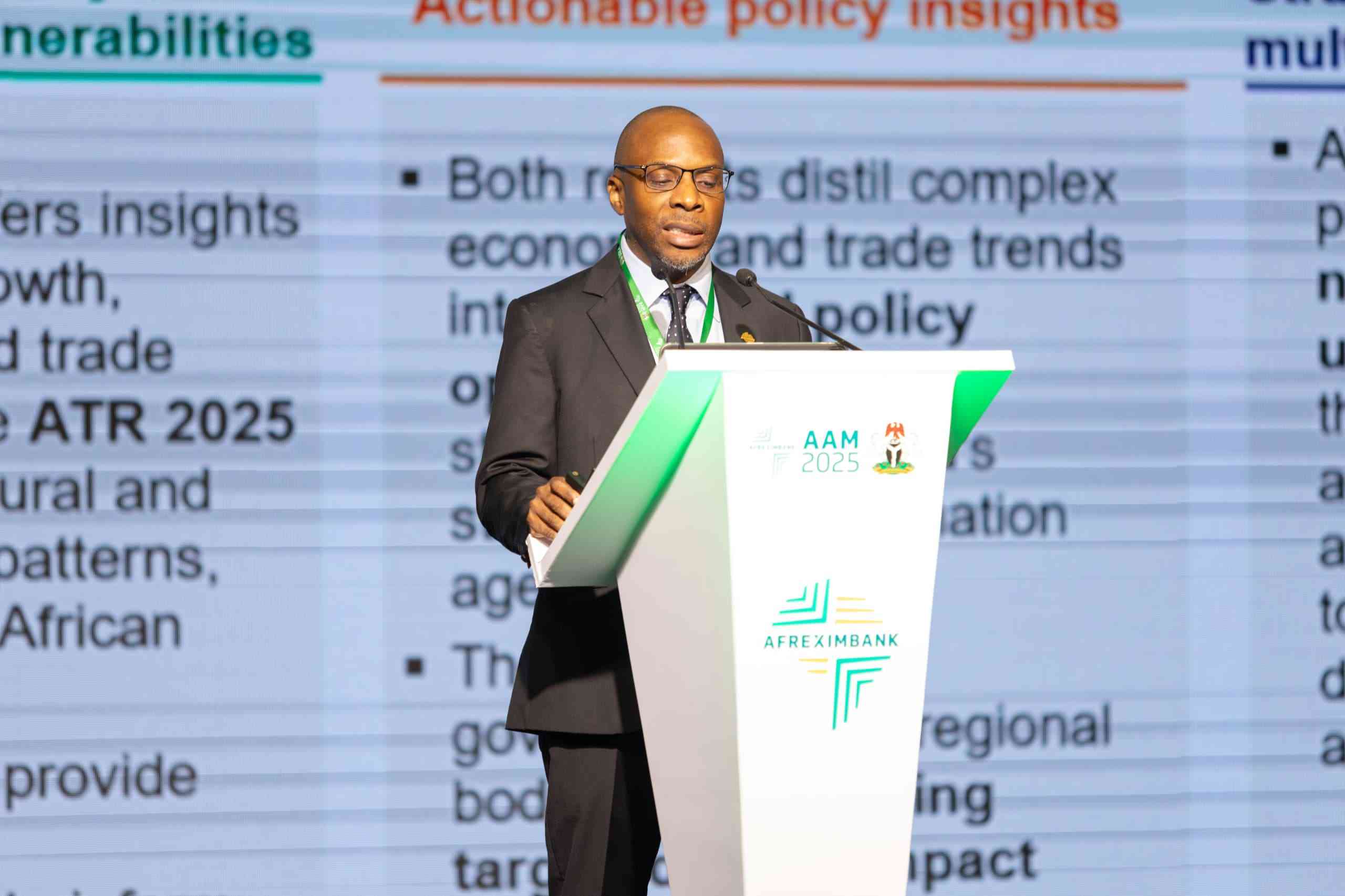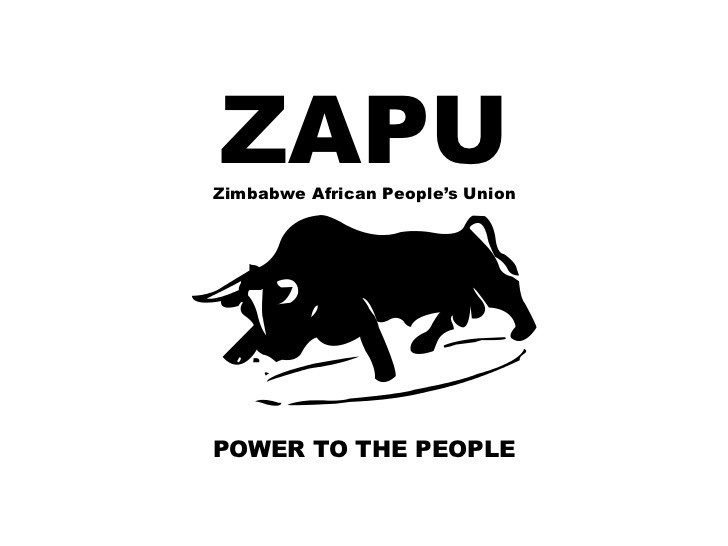
Intra-African trade rose 12,4% last year to US$220,3 billion as countries trade more among themselves, a new report shows, tipping the implementation of the African Continental Free Trade Area (AfCFTA) to drive growth in continental trade.
The growth comes from a 5,9% dip in 2023, the African Trade Report said.
“This positive trend is expected to be sustained, bolstered by continued implementation of the AfCFTA, which is emerging as a foundation for the continent’s trade resilience,” the report said.
However, Africa faces a trade finance gap of US$100 billion. Of that, African banks can support up to US$18 billion.
But Yemi Kale, Afreximbank’s group chief economist and managing director of research, says there is a way out to plug the gap.
“We need to strengthen African multilateral financial institutions so that they can do more,” Kale said.
“We need to build the capacity of African financial institutions to close that gap. That’s the only way to go.”
Afreximbank last year disbursed US$17,5 billion to support intra-African trade. That figure will double in 2026.
- ‘Global shocks stretching African economies’
- Intra-African trade up 12% on free trade area
- Zim banks process R6bn via regional payment systems
Keep Reading
The African Trade Report 2025 said the local currency payment and settlement platform, the Pan-African Payment and Settlement System (PAPSS), was gaining traction, with over a dozen central banks now linked, reducing transaction costs and reliance on the US dollar and the euro.
PAPSS is a transformative platform enabling real-time settlement of cross-border payments in local currencies and has now been adopted in 15 African countries and connected to their central banks.
By enabling direct local currency exchange between African countries, PAPSS strengthens financial inclusion and boosts intra-African trade under the AfCFTA.
It also significantly reduces dependency on the US dollar, lowers transaction costs, and accelerates payment timelines, Kale said.
It is estimated that the full implementation of PAPSS will save Africa US$5 billion annually in transaction costs.
According to the report, Africa must act with urgency to convert global fragmentation into an engine for resilient, inclusive growth, and value-added trade.
This is predicated on the strengthening of African development finance institutions with more capital and fairer global regulation; accelerating AfCFTA implementation, especially around tariff schedules, rules of origin, and national coordination; expanding digital payment infrastructure to reduce currency and logistics bottlenecks; and using Africa’s G20 seat to push for reforms in reallocation of special drawing rights, debt restructuring, and global financial










